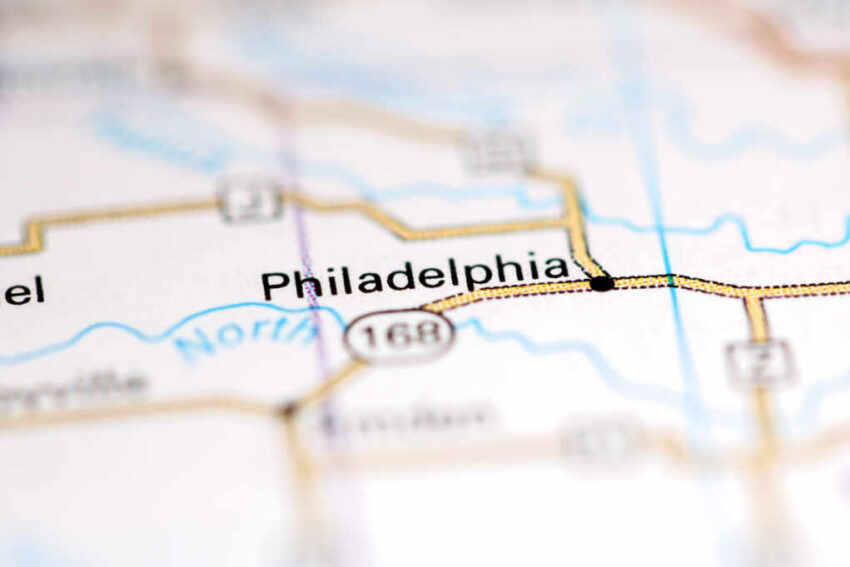The city’s largest blue-collar union walked off the job over stalled pay talks, leaving garbage heaping on Philadelphia streets and triggering widespread service disruptions.
At a Glance
- AFSCME District Council 33 represents 9,000 sanitation, pool and maintenance staff.
- The last strike by District Council 33 occurred in 1986 and lasted 20 days.
- Negotiations collapsed over the city’s bid of an 8% raise spread across three years versus the union’s annual 8% demand.
- Trash and recycling pickup have been suspended since July 1, leaving thousands of tons of waste uncollected.
- Only 24 of the city’s 60 public pools remain open, and recreation centers are running limited hours.
Historic Walkout Halts Services
Just after midnight on July 1, AFSCME District Council 33 members initiating a strike brought city sanitation and maintenance services to a standstill when contract talks faltered over competing pay increase proposals. WHYY News reported that union leaders deemed the city’s final offer—8% total over three years—insufficient to offset Philadelphia’s inflation rate, which hit 5.3% in May.
District Council 33 president Greg Boulware warned of rapidly mounting consequences for municipal operations, noting that uncollected waste poses public health risks and undermines neighborhood quality of life.
Watch a report: Philadelphia’s Public Works Strike.
Trash Mountains and Pool Shutdowns
With curbside trash and recycling services suspended, the Philadelphia Streets Department has redirected residents to temporary drop-off sites across the city; however, bulky items like mattresses and construction debris are not accepted, straining local sanitation facilities.
Public recreation has also taken a hit: only 24 pools operate at full capacity, while 36 others remain closed, forcing over 10,000 summer campers to relocate activities and prompting some families to seek private alternatives. Recreation centers are open from 9 a.m. to 5 p.m., with evening swim lessons and adult programs on hold.
Emergency Strain and Utilities
Emergency 911 dispatch centers remain staffed but are reporting wait times averaging 45 seconds—double the usual 20-second benchmark—leading Commissioner Kevin Bethel to urge patience and avoid disconnecting calls prematurely.
Meanwhile, the Philadelphia Water Department is running on a skeletal workforce, cross-training administrative staff to assist with pipeline repairs and treatment plant operations; officials caution that non-emergency repair requests may experience delays of up to 72 hours.
Healthcare facilities and schools have been advised to stock extra sanitation supplies as the strike’s ripple effects test municipal resilience.
Click this link for the original source of this article.
Author: Editor
This content is courtesy of, and owned and copyrighted by, https://thecongressionalinsider.com and its author. This content is made available by use of the public RSS feed offered by the host site and is used for educational purposes only. If you are the author or represent the host site and would like this content removed now and in the future, please contact USSANews.com using the email address in the Contact page found in the website menu.








